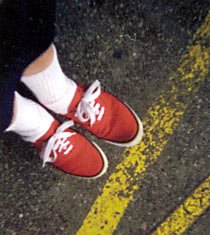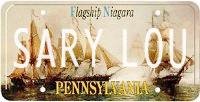Monday Movie Madness, *Wednesday edition.* After 3 jam-packed days at PALA (PA library conference), today was filled with laundry, learning about Skype, grocery shopping and paying bills.
So, to round it out, I spent 93 minutes sitting in a dark theater. I went to see "Enough Said," which made me laugh and cry and laugh some more. B, don't know if you will like it, as there were awkward moments, but you might. In the theater, we were all shouting at the screen, which is one of the wonderful things about going to the movies with a bunch of strangers in the middle of the day in the middle of the week.
****
So...after a weekend at PALA where everything internet was touted as all wonderful and the wave of the future and YOU MUST JOIN, it was refreshing to listen to the following debate show on Q with Jian Ghomeshi. So far, it's 50/50, as to whether the internet makes you smarter or dumber.
I loved hearing from the twentysomething father who has taken his family back to 1986, complete with "hockey hair," as described by Jian.
Q debate special: Is the internet making us smarter or stupider?
****
EXHAUSTED. The end.
2 years ago

